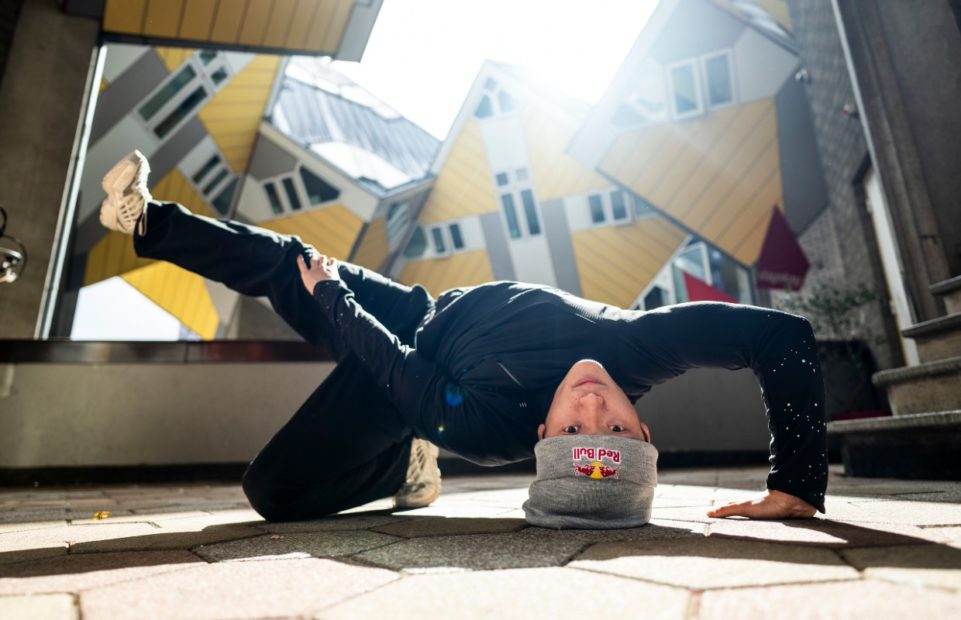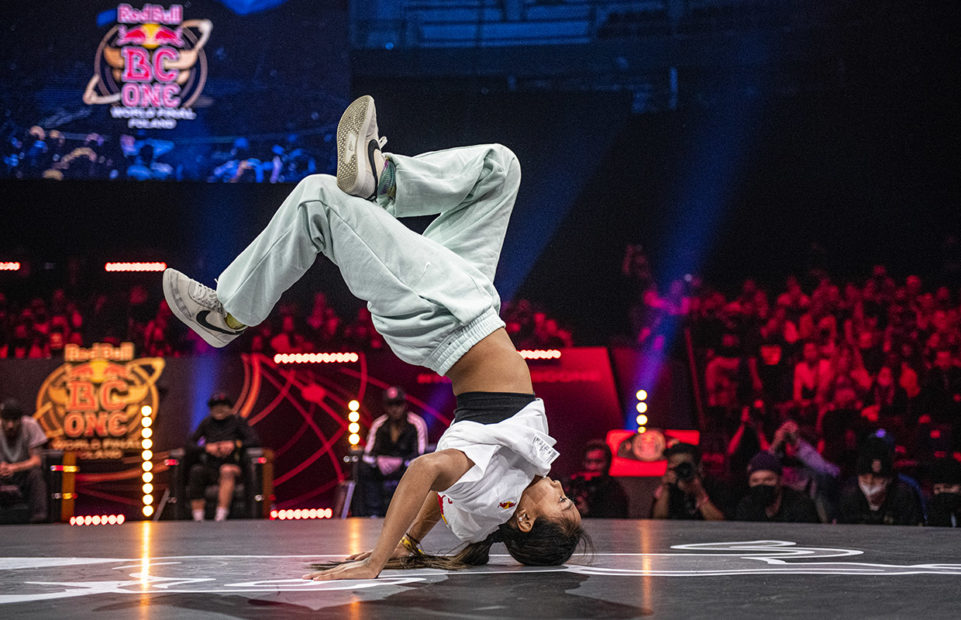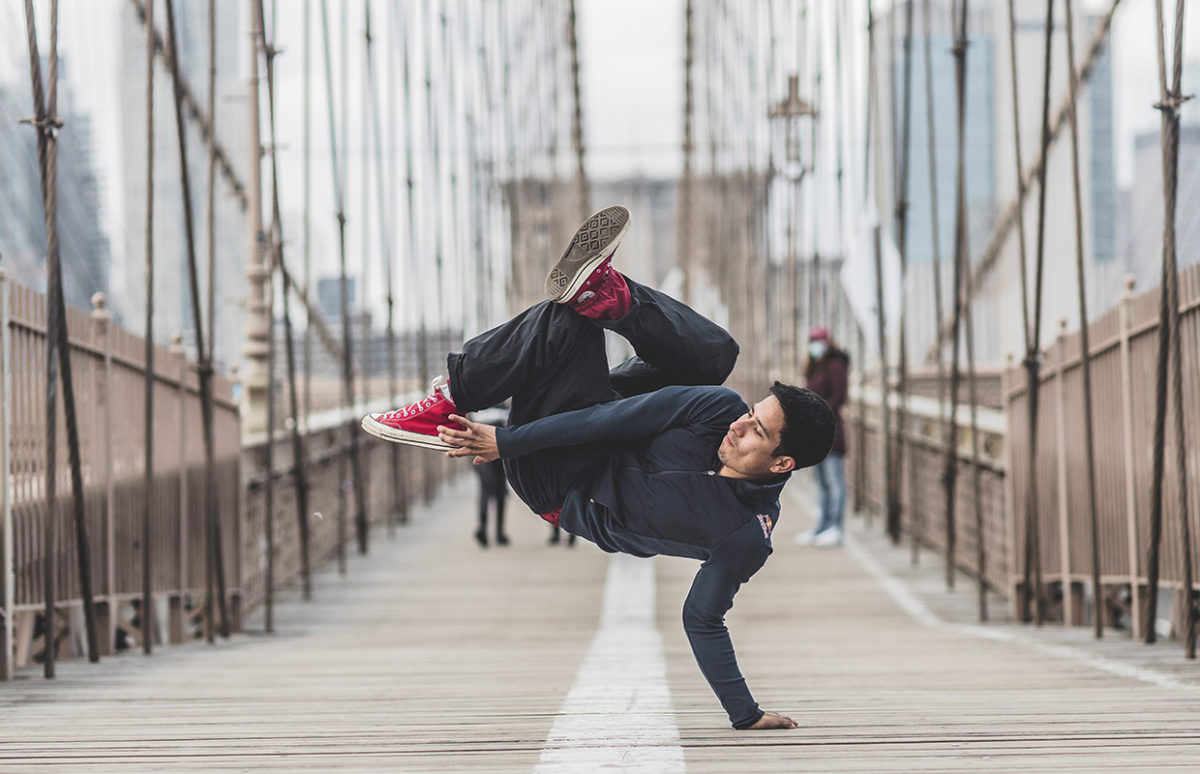The Paris 2024 Olympic Games welcomes a new sport: breaking, or break dancing. Breaking originated in the Bronx in the 1970s. It has its roots in hip-hop culture, but has long been a competitive sport. In Paris, 16 men and 16 women (known as "B-Boys" and "B-Girls") will engage in an epic battle for the first Olympic breaking medals.
The dance form started at the same time as hip-hop itself in New York. The name is breaking because the dancers perform during the instrumental breaks in the music. Unlike many more traditional dance forms, which are rehearsed, breaking has always been an improvised form. Dancers combine moves as inspiration takes them, depending on the music that plays. And that lends itself well to competition. Originally, young Blacks and Puerto Ricans formed crews (or teams), and they would have dance “battles” to try to prove they were the best. Gradually, the battles moved off the streets and into auditoriums as a competitive breaking circuit was created.

Breaking was included in the 2018 Youth Olympics but this is its first participation in the adult games.

Much of the terminology has stayed the same. The dancers are respectively B-Girls (women) or B-Boys. There will be 16 of each in the Olympic competitions. Dancers compete in battles, with two dancers at a time. They take turns to dance for about a minute. They do this three times, each dancer starting immediately their opponent finishes, and their best dance counts as their score for that round. The chance, and creative, element comes from the fact that they don’t know in advance what music is going to play. Unlike other Olympic sports with an artistic bent like figure skating, artistic swimming or rhythmic gymnastics, the dancers can’t prepare a set routine to set music.
B-Boys and B-Girls come from all around the world with some of the strongest nations being the U.S.A., Japan, France, Portugal and Ukraine.

For a long time, it was mainly a male sport, but women's breaking is getting more and popular. In the video bleow, Olympic favourite B-Girl Sunny, from Philadelphia, discusses what she loves about the dance form. Grace "Sunny" Choi was a gymnast before taking up breaking at college. She has left her job as Director of global creative operations for skin care at Estée Lauder to train full time for the Olympics.
In the same video, Kevin Gope, AKA DJ Renegade, discusses the history of breaking and the judging criteria he helped create that allowed breaking to be considered a sport.
Copyright(s) :
Red Bull
> Onwards and Upwards: the Invictus Games 2023
> A Unique Olympics
> Black Power at the 1968 Olympics Fifty Years On
> Olympic Spirit
> Ireland: 100 years of the Olympics





